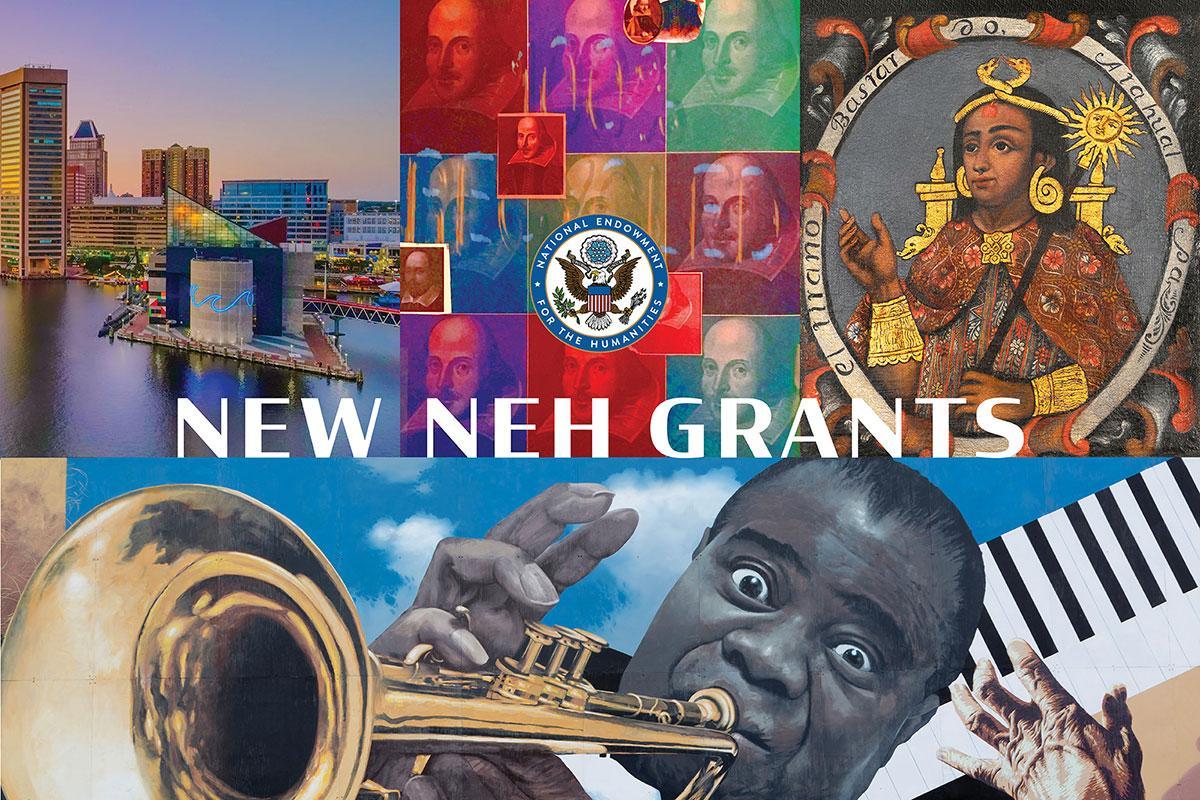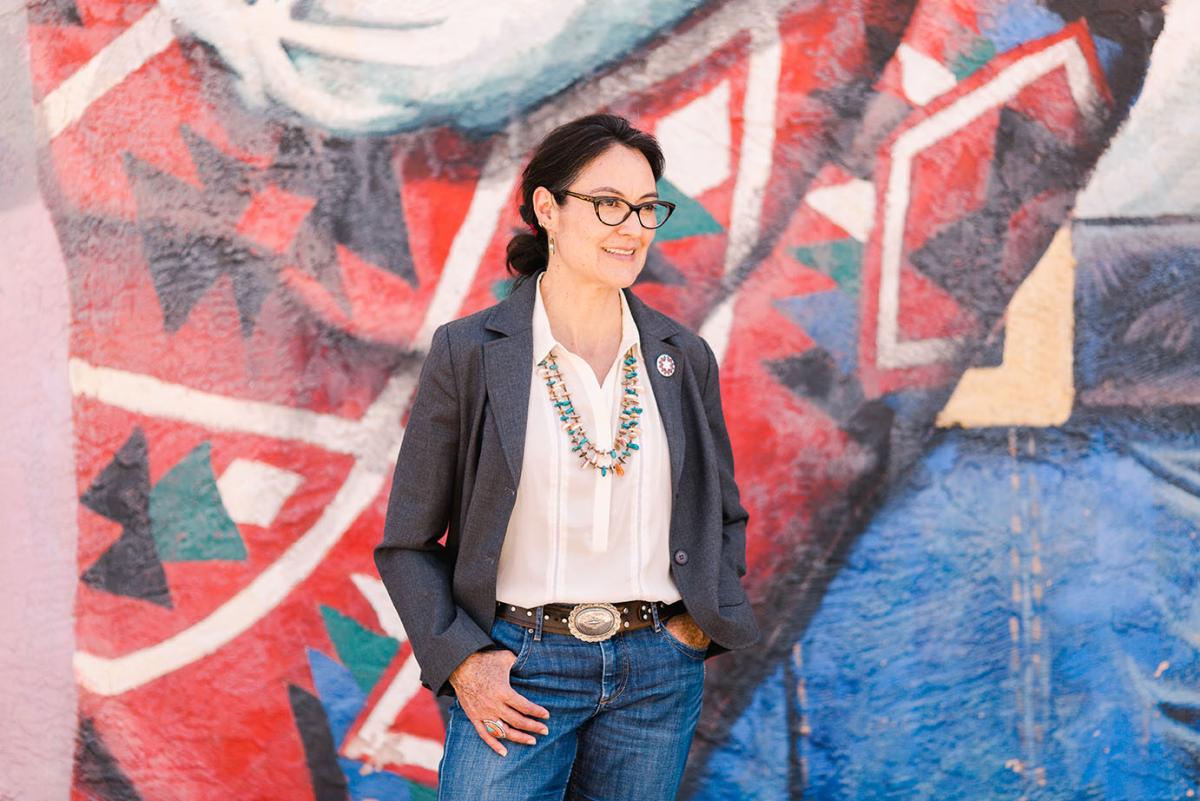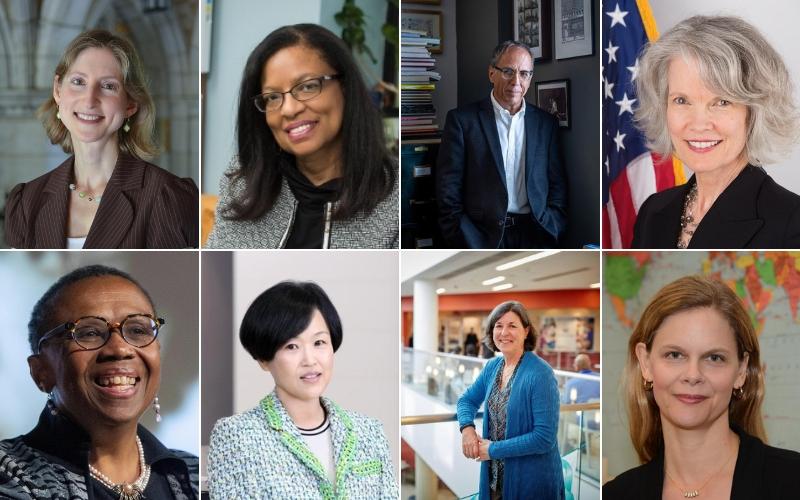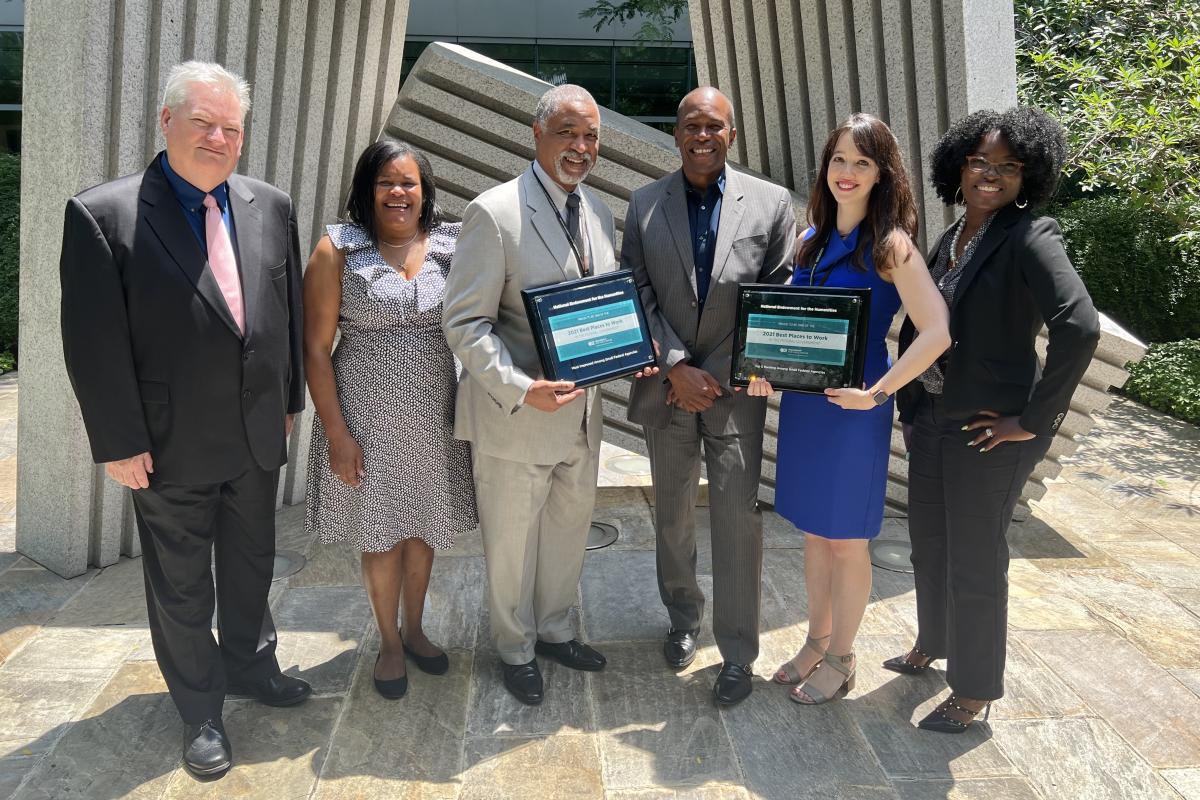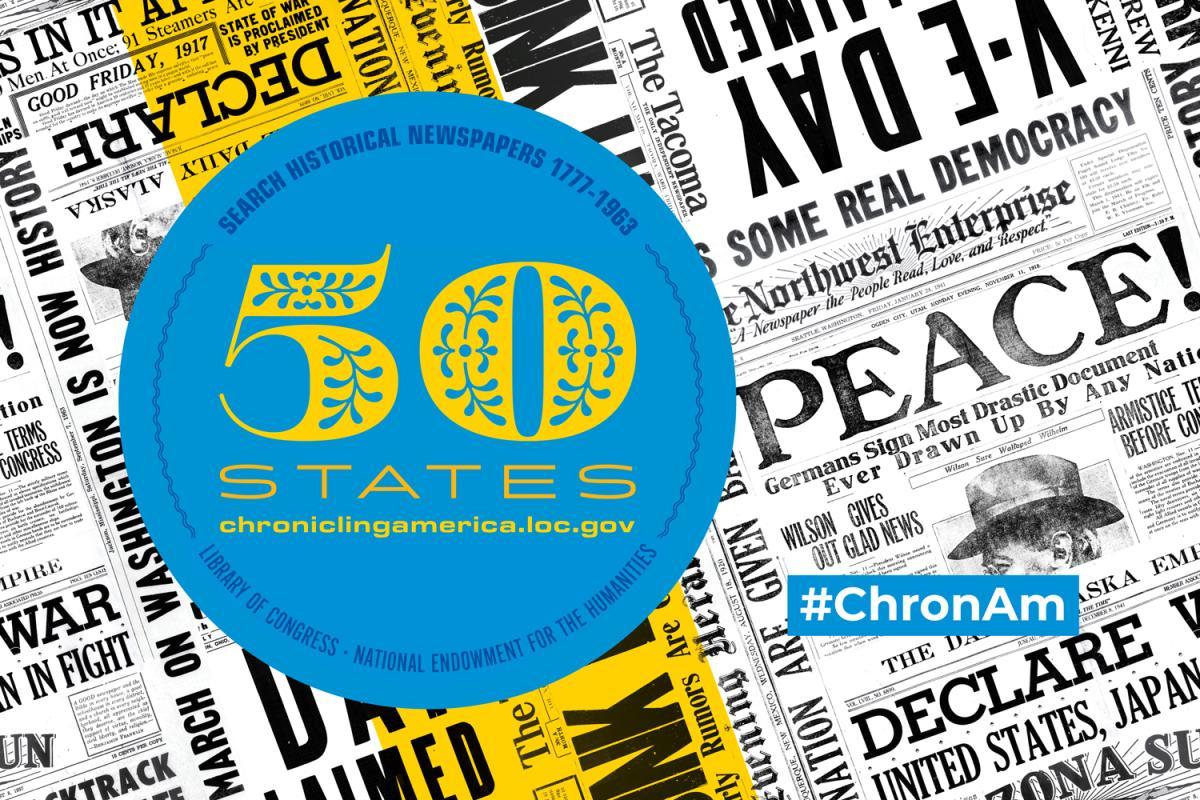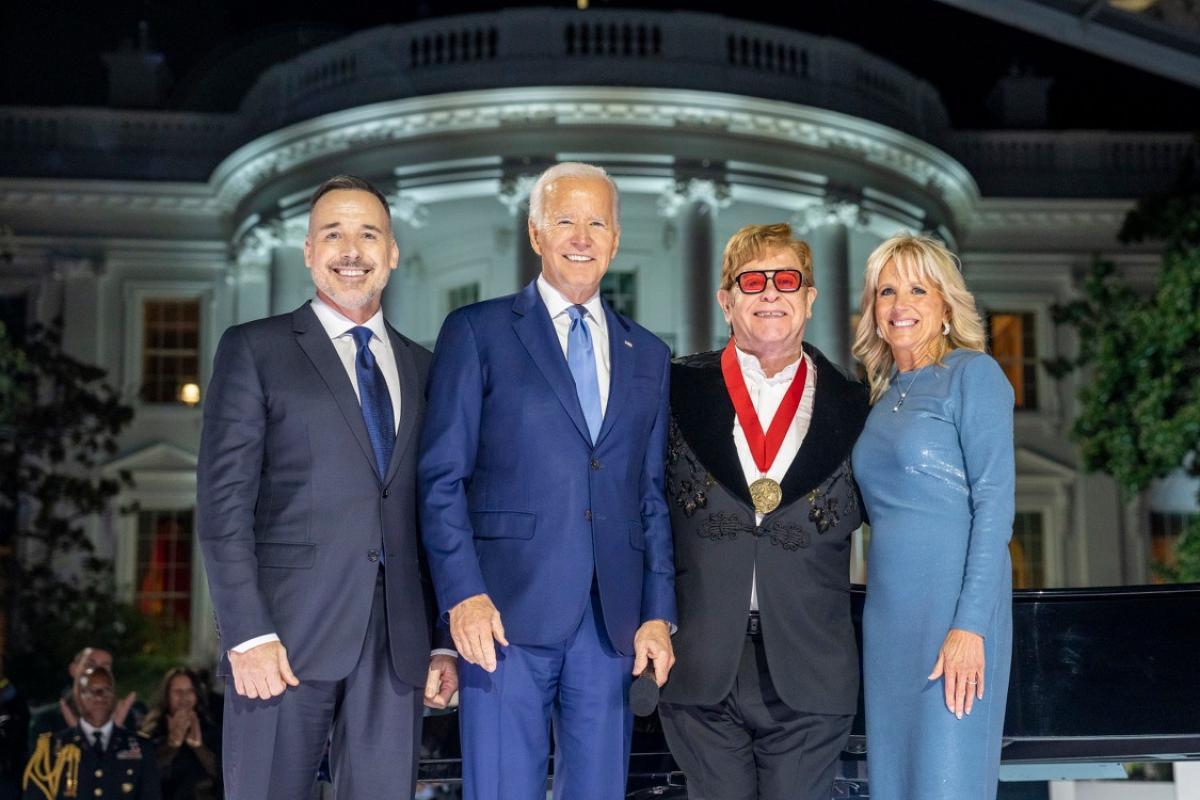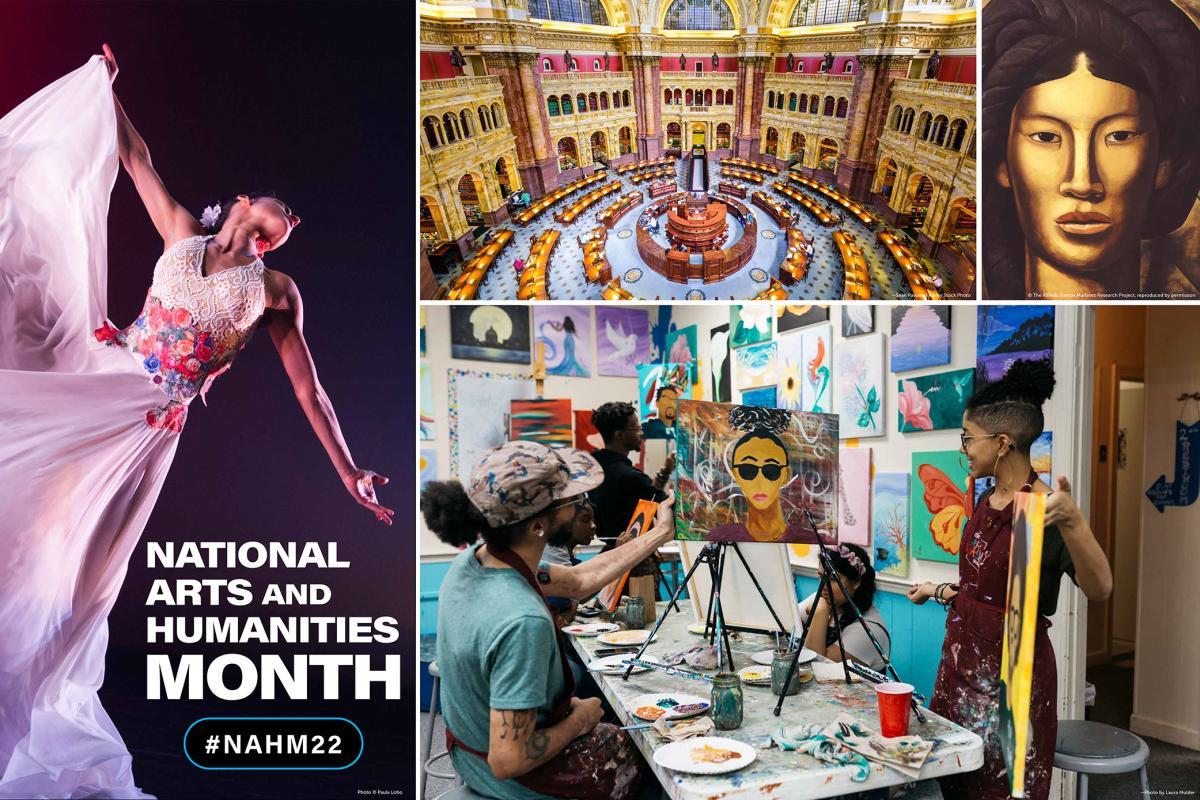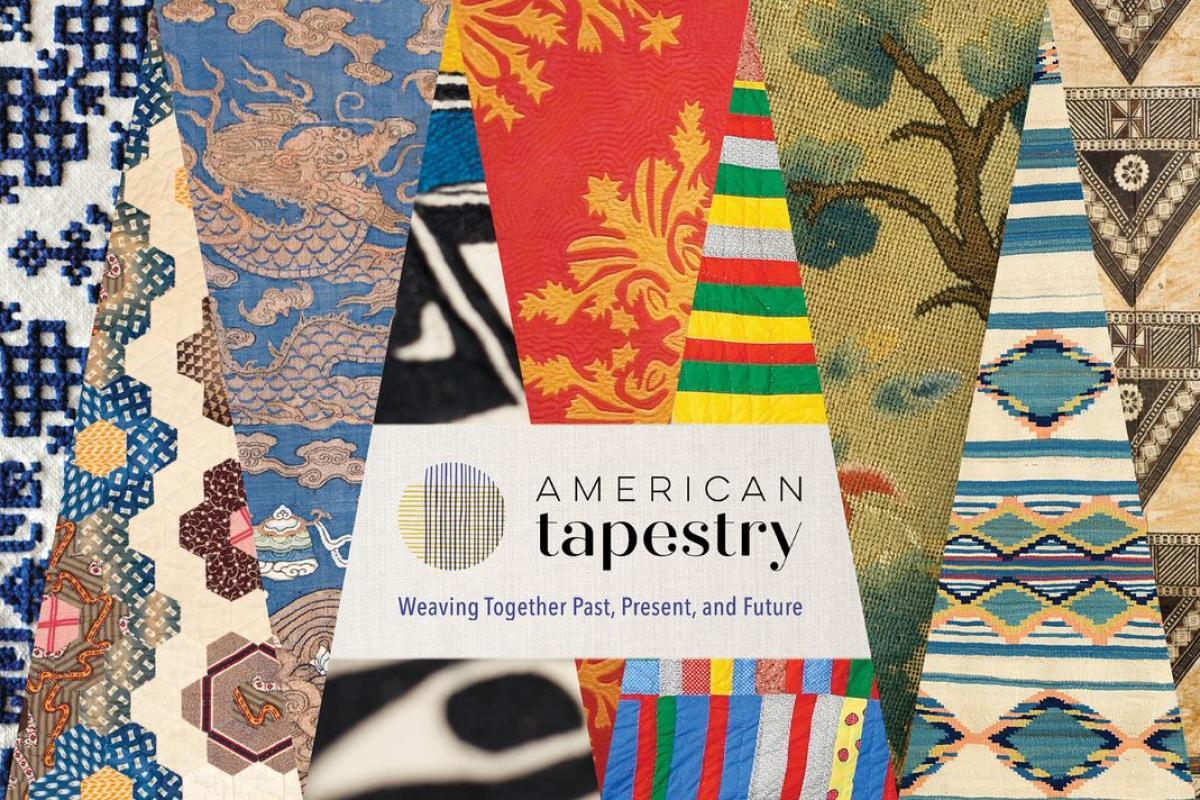Look Back at 2022 at NEH
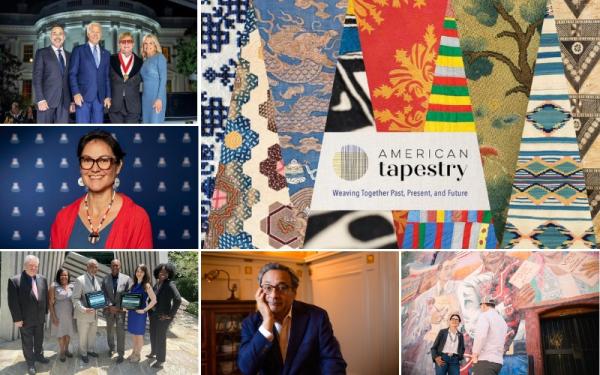
Clockwise from Top Left: President Biden Presented Sir Elton John with a 2021 National Humanities Medal at the White House on September 23, 2022; American Tapestry: Weaving Together Past, Present, and Future; Chair Lowe Travels to New Mexico; Andrew Delbanco Delivers the 2022 Jefferson Lecture; NEH Named One of the Best Places to Work; Chair Lowe Is Confirmed as Twelfth Chair of NEH.

Clockwise from Top Left: President Biden Presented Sir Elton John with a 2021 National Humanities Medal at the White House on September 23, 2022; American Tapestry: Weaving Together Past, Present, and Future; Chair Lowe Travels to New Mexico; Andrew Delbanco Delivers the 2022 Jefferson Lecture; NEH Named One of the Best Places to Work; Chair Lowe Is Confirmed as Twelfth Chair of NEH.
2022 was a landmark year for the National Endowment for the Humanities (NEH). Under the leadership of Chair Shelly C. Lowe (Navajo), confirmed in February of this year, the agency distributed more than $89 million in grant awards to hundreds of humanities projects across the nation, established the American Tapestry initiative and four new associated funding opportunities, welcomed eight new members to the National Council on the Humanities, and hosted the first Jefferson Lecture in the Humanities since 2019. Look back at this exciting year in NEH history and subscribe to the NEH newsletter to keep up with agency news in 2023.
NEH Awarded $89.37 Million for 679 Humanities Projects in 2022
NEH began 2022 with the announcement of $24.7 million in awards to 208 humanities projects nationwide. Among the awards were thirty-three Humanities Initiatives grants, enabling the development of innovative curricula and education resources at colleges and universities, and the second round of awards made under NEH/AHRC New Directions for Digital Scholarship in Cultural Institutions program—a joint initiative between NEH and the U.K.’s Arts and Humanities Research Council (AHRC)—to advance digital scholarship at museums, libraries, and archives.
Later in the spring, NEH announced an additional $33.17 million in funding for 245 humanities projects. “These 245 projects will expand the horizons of our knowledge of culture and history, lift up humanities organizations working to preserve and tell the stories of local and global communities, and bring high-quality public programs and educational resources directly to the American public,” said Chair Lowe.
In August, the agency announced its final round of 2022 funding, awarding $31.5 million to 226 humanities projects, bringing the fiscal year’s total awards to $89.37 million to 679 projects. This third round of funding also included $52 million in annual operating support for the network of 56 state and jurisdictional humanities councils. Awards included 37 grants for summer seminars, institutes, and workshops for K–12 schoolteachers and college faculty, and Public Scholars grants that will enable the publication of 26 new books.
Shelly C. Lowe (Navajo) Confirmed as Twelfth Chair of NEH and Appointed Anthony Mitchell as Senior Deputy Chair
In February, a new chapter began at NEH when Shelly C. Lowe was confirmed by the United States Senate as the twelfth Chair of NEH. From 2015 to 2022, Lowe served as a member of the National Council on the Humanities, an appointment she received from President Obama. Her previous roles in higher education include executive director of the Harvard University Native American Program, assistant dean in the Yale College Dean’s Office, and director of the Native American Cultural Center at Yale University. Prior to these positions, she spent six years as the graduate education program facilitator for the American Indian Studies Programs at the University of Arizona.
In August, Chair Lowe appointed Anthony “Tony” Mitchell as NEH’s senior deputy chair. For 14 years, Mitchell served as NEH’s chief human capital officer and director of the Office of Human Resources, the most recent role in his 35 years of combined federal service that began at the U.S. Supreme Court. “Throughout his time at NEH, Tony Mitchell has shown himself to be a talented leader and mentor to staff, with a commitment to excellence in the humanities and wide-ranging knowledge of federal policy,” said Chair Lowe. Mitchell holds a B.S. from Hampton University and is the first HBCU graduate to serve as senior deputy chair.
NEH Participated in the White House’s “Soul of the Nation” Gospel Concert
In February, NEH partnered with the White House and TV One to present the White House’s “Soul of the Nation” Gospel Concert with First Lady Dr. Jill Biden, featuring performances by top Gospel artists such as JJ Hairston and Tamela Mann, with historical context provided by NEH grant-supported humanities scholars. Hosted by Grammy-nominated Juan Winans, “Soul of the Nation” featured performances by Madelyn Howze and the Morehouse Glee Club, with closing remarks from Bishop William Murphy, III, the founder and lead pastor of the Dream Center Church of Atlanta.
Jesse P. Karlsberg and, Rev. Dr. James Abbington of the NEH grant-supported Sounding Spirit project at Emory University provided commentary on the history of Gospel music. Sounding Spirit is working to digitize historic American sacred songbooks to make accessible online the texts that mediate race, place, and religion in American music history and culture.
Eight New Members Joined the National Council on the Humanities
In February, Lynette Young Overby was sworn in as a new member of the National Council on the Humanities, the first of eight new members to join the presidentially appointed 26-person Council in 2022. Later that spring, Beverly Gage, Vanessa Northington Gamble, David Hajdu, Kathryn Matthew, Karen A. Stout, Christine M. Kim, and Deborah Coen were sworn in to the Council after being nominated by President Joseph R. Biden.
The National Council on the Humanities meets at least three times a year to review grant applications and to advise the NEH Chair. “Together they bring a wide range of leadership experience in academia and the cultural sector and deep expertise in humanities scholarship and cultural criticism. The insights they bring from their respective fields will be an invaluable resource for NEH,” said Chair Lowe of the new Council members. The Council will meet next in March 2023.
NEH Named One of the Best Places to Work
In July, NEH was named the second-best place to work among small federal agencies, according to a new Best Places to Work survey of federal employees released by the nonpartisan nonprofit Partnership for Public Service and global management consulting firm Boston Consulting Group.
“In a year of unprecedented change, NEH was able to adapt and evolve,” said Chair Lowe. “That wouldn’t have been possible without the steadfast leadership, expert stewardship, and swift COVID-19 response of our staff here at NEH. I am inspired by the dedication and creativity of our staff and I look forward to continuing to make NEH a great place to work.”
Chronicling America Reached 50 States
In September, New Hampshire became the 50th state to join Chronicling America, the searchable online database of historical American newspapers. Funded by NEH and housed and maintained online at the Library of Congress, Chronicling America provides free access to more than 20 million pages of United States newspapers published between 1777 and 1963.
The first NEH grant to a National Digital Newspaper (NDNP) partner for New Hampshire was awarded to Dartmouth College, which will serve as the state hub. Project partners New Hampshire State Library, the New Hampshire Historical Society, and the University of New Hampshire Library will identify historical and culturally significant newspapers for inclusion. “The addition of the 50th state partner to the National Digital Newspaper Program is a milestone achievement that will expand coverage of this unparalleled resource to encompass all U.S. states, giving the public access to the ‘first draft of history’ from the perspective of communities across the country,” said Chair Lowe.
Chair Lowe Attended the United We Stand Summit
On September 15, the White House hosted the United We Stand Summit, mobilizing diverse sectors of American society and communities across the nation to counter the growing incidence of hate-fueled violence and its threat to our public safety and democracy. The summit included bipartisan federal, state, and local officials, civil rights groups, faith and community leaders, technology and business leaders, law enforcement officials, and cultural figures, including Chair Lowe.
Chair Lowe represented NEH and the National Endowment for the Arts (NEA) on the “Federal Initiatives to Address Hate-Fueled Violence” panel, led by Ambassador Susan Rice and in conversation with Department of Homeland Security Secretary Alejandro Mayorkas, Attorney General Merrick Garland, and AmeriCorps CEO Michael D. Smith. On the panel, Lowe discussed how NEH and NEA are supporting efforts to address hate-fueled violence and division through the arts and humanities across the nation. “The arts and humanities strengthen communities by allowing us to share our stories and understand the stories of others,” said Chair Lowe.
Sir Elton John Awarded 2021 National Humanities Medal
On Friday, September 23, President Biden awarded Sir Elton John a 2021 National Humanities Medal following the musician’s concert on the White House lawn, “A Night When Hope and History Rhyme,” honoring healthcare workers, first responders, teachers, military families, and other everyday heroes.
The National Humanities Medal honors individuals and organizations whose work deepens our nation’s understanding of and engagement with history, literature, philosophy, and other humanities subjects. President Biden concluded the program by presenting the medal to John “for moving our souls with his powerful voice in one of the most defining songbooks of all time.” He praised the latest medal recipient as “an enduring icon and advocate with absolute courage, who found purpose to challenge convention, shatter stigma, and advance the simple truth that everyone deserves to be treated with dignity and respect.” Watch a video of the event on C-SPAN here.
President Biden Issued a Proclamation on National Arts and Humanities Month and Included an Executive Order to Re-Establish the President’s Committee on the Arts and the Humanities
President Biden issued a proclamation this fall declaring October 2022 as National Arts and Humanities Month. In the proclamation, the President announced a new executive order that advances a whole-of-government policy for the arts, the humanities, and museum and library services, including the re-establishment of the President’s Committee on the Arts and the Humanities (PCAH) “to inform and support the national engagement with Americans necessary to advance the arts, the humanities, and museum and library services.” The executive order re-established a committee to advise the President and the heads of the three U.S. cultural agencies—the Institute of Museum and Library Services (IMLS), NEA, and NEH—on policy objectives, philanthropic and private sector engagement, and other efforts to enhance federal support for the arts, the humanities, and museum and library services.
In December 2022, NEH, NEA, and IMLS announced Tsione Wolde-Michael, most recently the founding director of the Smithsonian’s Center for Restorative History, had been named executive director of the President’s Committee on the Arts and the Humanities (PCAH). Wolde-Michael, the youngest and first Black individual to direct PCAH, will lead a high-profile committee of 25 non-Federal leaders in the arts, humanities, and museum and library services, expected to be named by the White House in the coming weeks. Under her direction, the Committee will advise the President on policy objectives, public/private partnerships, and programs to enhance support for the arts, humanities, and museum and library services across the country―a first, since 2017.
Andrew Delbanco Delivered the 2022 Jefferson Lecture in the Humanities
On October 19, on the lawn of President Lincoln’s Cottage historic site and museum, Andrew Delbanco, the Alexander Hamilton Professor of American Studies at Columbia University, president of the Teagle Foundation, and 2011 National Humanities Medalist, delivered the 2022 Jefferson Lecture in the Humanities, “The Question of Reparations: Our Past, Our Present, Our Future.”
The Jefferson Lecture was established by NEH in 1972 as the highest honor the federal government bestows for distinguished intellectual achievement in the humanities.. This year marked the 50th anniversary of the lecture series and the first since 2019, following a two-year hiatus due to the pandemic. “I am deeply touched by this high honor,” said Delbanco, “which affords me an opportunity to bring the humanities to bear on a complex and demanding question that has long confronted our country. I have always believed that the study of the past must prove its value by helping us reflect on the challenges of the present and the future.”
Read an adapted version of the Lecture in the Washington Post.
NEH Announced American Tapestry: Weaving Together Past, Present, and Future, a New Agency-Wide Initiative
On November 15, Chair Lowe announced a new NEH-wide initiative that draws upon the humanities to help Americans study, evaluate, and respond to some of the nation’s most urgent issues. American Tapestry: Weaving Together Past, Present, and Future, will leverage the humanities to navigate some of our greatest challenges as a country: among them, sustaining our democratic institutions, building a more just and equitable society, and preparing for and protecting our cultural inheritance from the effects of climate change.
Through new funding opportunities at NEH, American Tapestry will encourage projects that elevate the role of civics in schools and public programs, build capacity at cultural and educational institutions—benefitting more communities while amplifying the untold stories of historically underrepresented groups—and promote climate resilience and research in the cultural and educational sectors.
The American Tapestry initiative encompasses a number of newly launched NEH grant programs that explore the three themes of “Strengthening Our Democracy,” “Advancing Equity for All,” and “Addressing Our Changing Climate”: Dangers & Opportunities of Technology: Perspectives from the Humanities; Spotlight on Humanities in Higher Education; Cultural and Community Resilience Program; Climate Smart Humanities Organizations. The grant program Public Impact Projects at Smaller Organizations will launch in 2023. Learn more about American Tapestry and the initiative’s new funding opportunities here.
